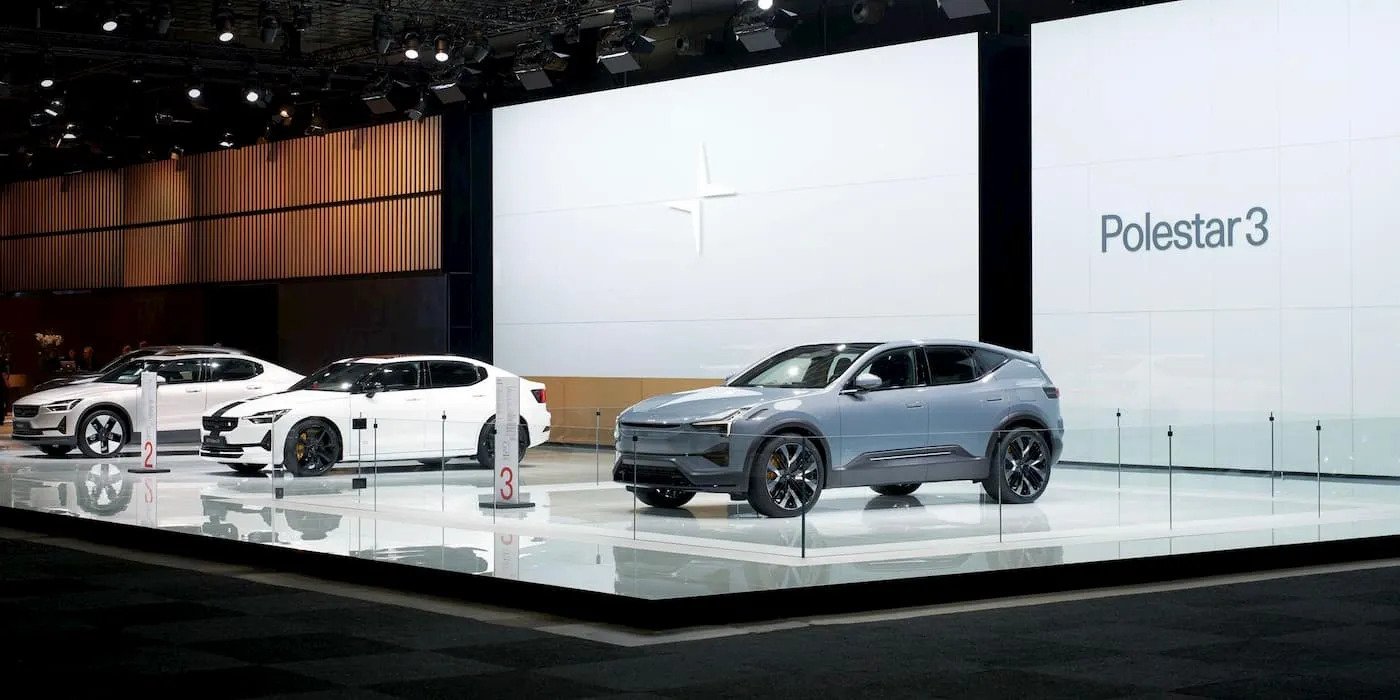Nobellius added that automakers, suppliers, and other partners must work together to promote traceability in the supply chains, establish a greener grid, and track battery health.
Furthermore, Nobellius said that to succeed in the quickly expanding EV market, adapting to new technology will be key, pointing to battery cell tech.
Polestar revealed its decision to stop exporting EVs made in China in favor of them being made in the US in 2024 was partly due to its efforts to lower its carbon footprint (as well as shielding itself from geopolitical tension). The EV maker’s COO continued:
We’ll produce in China for China and in South Carolina for the rest of the world. That means more investment but less carbon footprint and increased robustness.
Polestar aims for all cars that roll out of its factory to be climate neutral by 2040.









